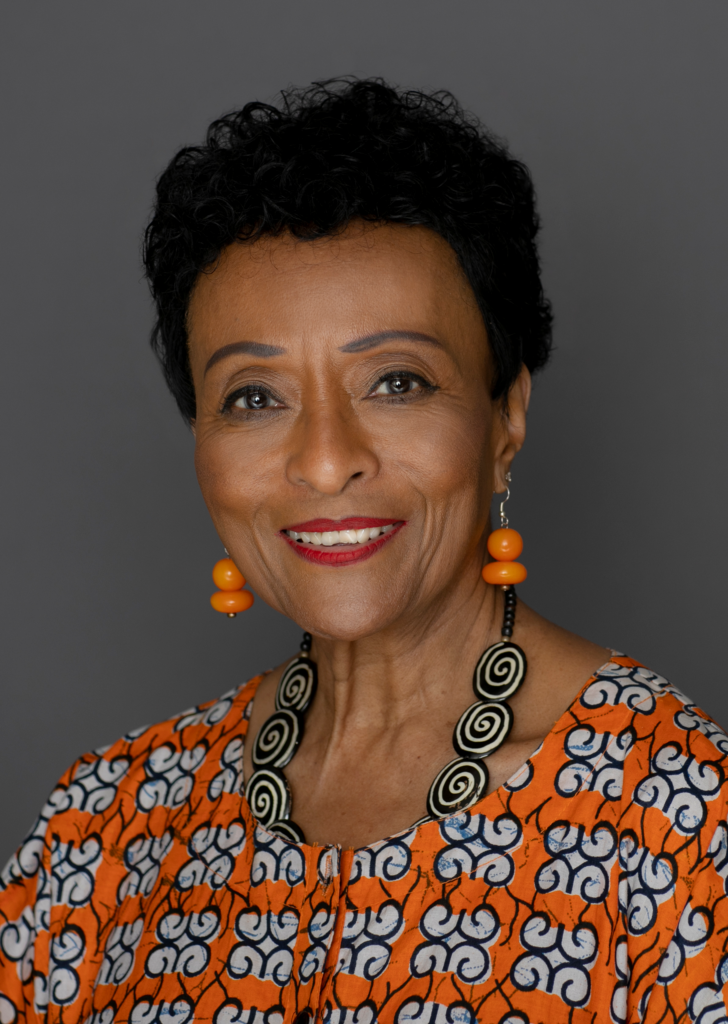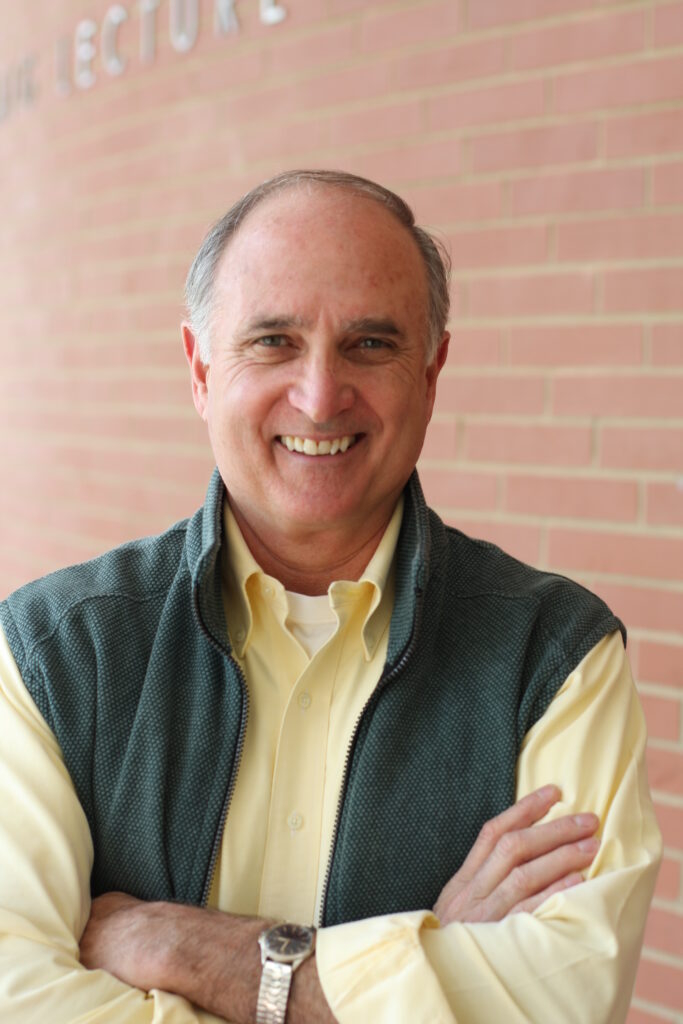Peggy Shepard
Every community has the right to a clean environment, and you do not need to be an environmental champion or a climate justice leader to embrace that value. So I call on your humanity to center the voices and perspectives in all policies of those most affected by environmental hazards and climate change. We can create a legacy of environmental quality and climate resilience for all. We can do this and we must.

About
Peggy Shepard is co-founder and executive director of WE ACT for Environmental Justice and has a long history of organizing and engaging Northern Manhattan residents in community-based planning and campaigns to address environmental protection and environmental health policy locally and nationally. She has successfully combined grassroots organizing, environmental advocacy, and environmental health community-based participatory research to become a national leader in advancing environmental policy and the perspective of environmental justice in urban communities — to ensure that the right to a clean, healthy and sustainable environment extends to all.
She has been named co-chair of the White House Environmental Justice Advisory Council as well as chair of the New York City Environmental Justice Advisory Board, and was the first female chair of the National Environmental Justice Advisory Council to the U.S. Environmental Protection Agency. She also serves on the Executive Committee of the National Black Environmental Justice Network and the Board of Advisors of the Columbia Mailman School of Public Health.
Her work has received broad recognition: the Jane Jacobs Medal from the Rockefeller Foundation for Lifetime Achievement, the 10th Annual Heinz Award For the Environment, the William K. Reilly Award for Environmental Leadership, the Knight of the National Order of Merit from the French Republic, the Damu Smith Power of One Award, the Dean’s Distinguished Service Award from the Columbia Mailman School of Public Health, and Honorary Doctorates from Smith College and Lawrence University.
Everyone has the right to a clean environment — but major disparities exist when it comes to who faces the consequences of pollution. Environmental justice leader Peggy Shepard points to the disproportionate impact that hazardous environmental conditions have on Black, brown and Indigenous communities and challenges us to build a truly equitable future that turns “sacrifice zones” — where community health is sacrificed for the sake of development — into “green zones” that redress the legacy of pollution and harmful policies.

